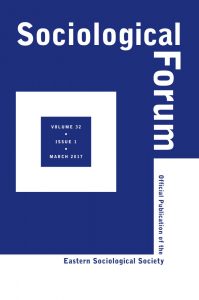Shifting Migration Patterns in a Changing Economic Climate

by smteixeirapoit
In the past, many immigrants traveled to the United States because they hoped to achieve upward mobility. In the current economic climate, many immigrants are not upwardly mobile. Some immigrants are unable to secure employment and other foreign workers are facing a backlash. For the first time, the United States is experiencing a decline in immigration. Many immigrants are avoiding immigrating to the United States in the first place or are deciding to leave the United States for their home countries. Additionally, several countries, such as Spain and Japan, are increasing restrictions on immigrants entering the countries or are providing incentives for immigrants to leave the countries.
Economists characterize immigrants contributing to the low-wage labor force in developed countries as a win-win situation, whereby immigrants receive employment opportunities and employers obtain increased profits. Economists are examining whether shifting migration trends challenge globalization. These migration trends may reduce competition for employment and pressure on social services in developed countries. However, these trends may equate to declining profits and rising inflation. Whereas economists contend that globalization is transferring from being a win-win to a win-lose situation, many global social change scholars emphasize that globalization has never been and will never be a win-win situation. Although absolute improvements have been made under globalization, relative inequality exists and persists.

















It seems that if there is a “win” for some with immigration, the immigrants will have to experience some aspect of that “win” or they will be less likely to migrate. In some ways this grants potential migrants a bit of power in what might otherwise be an unequal balance. Interesting post!
Keri